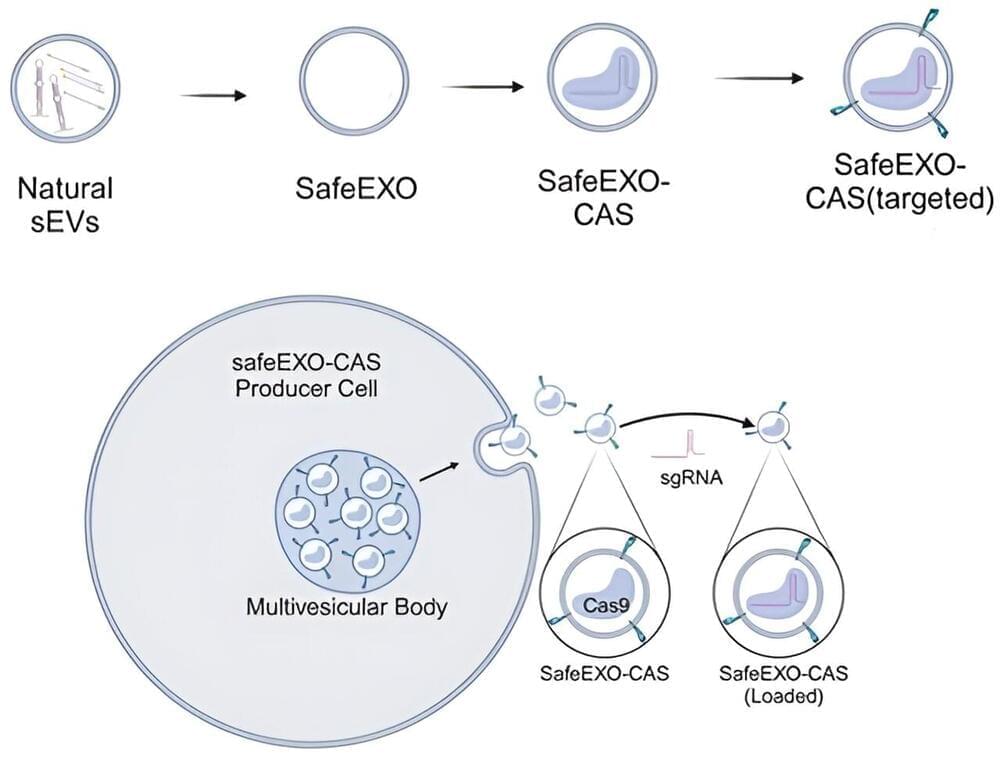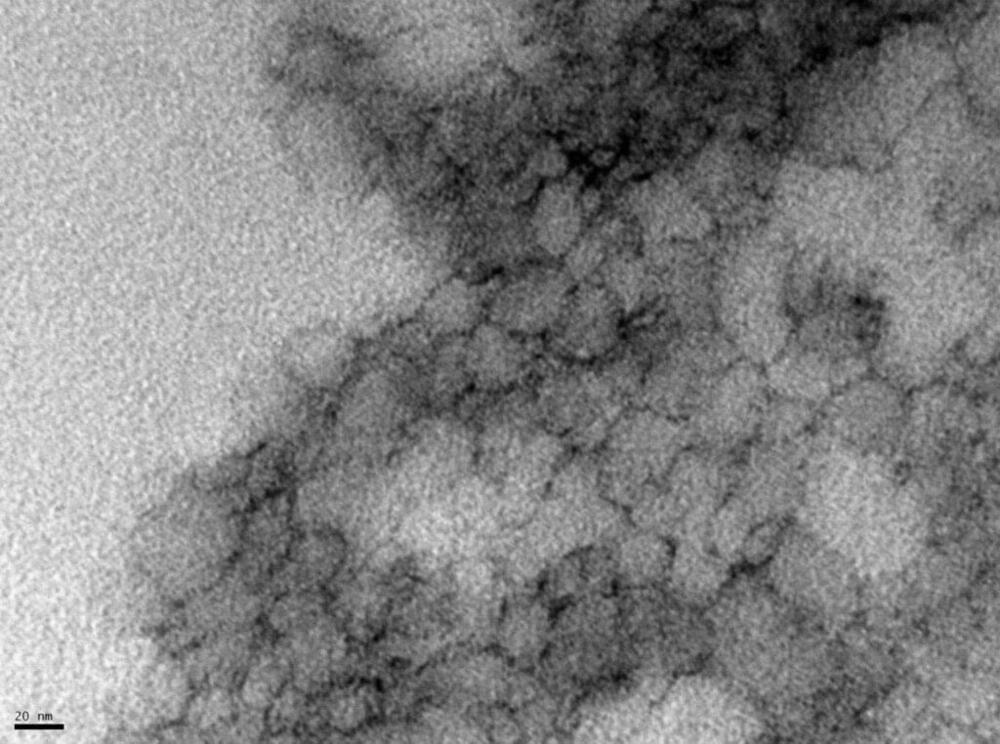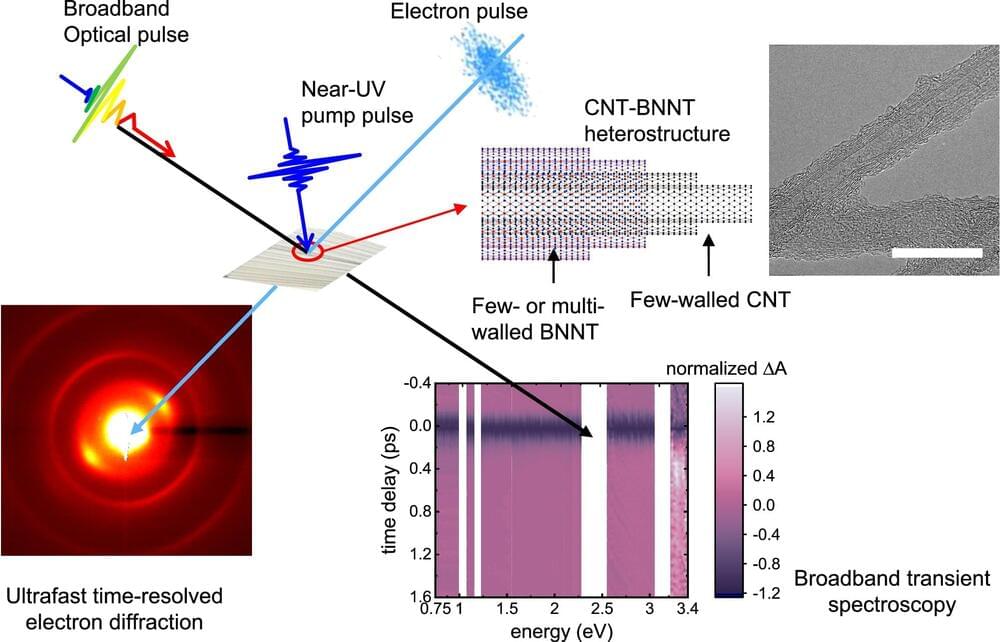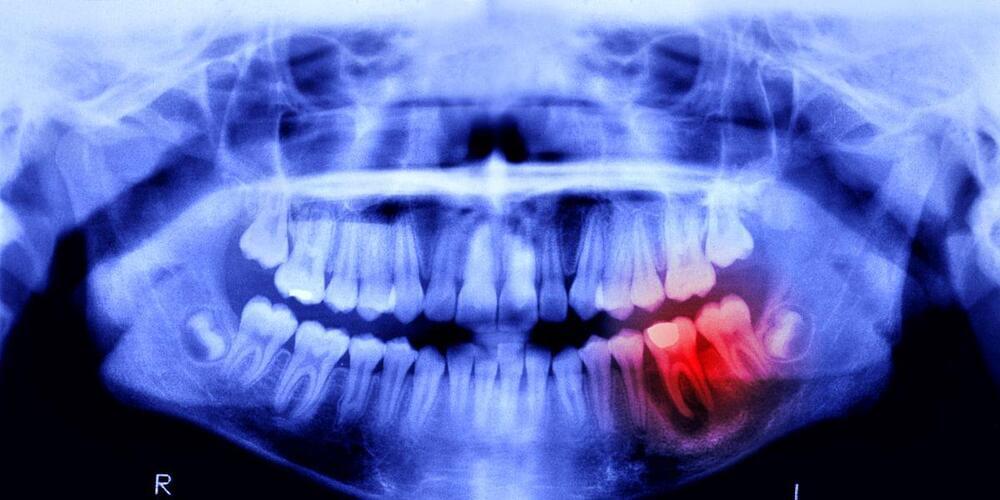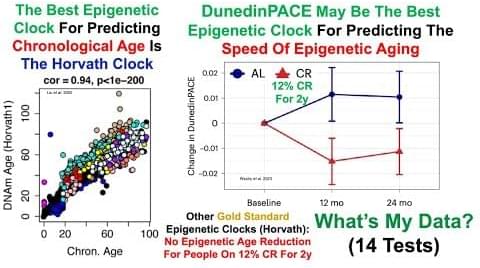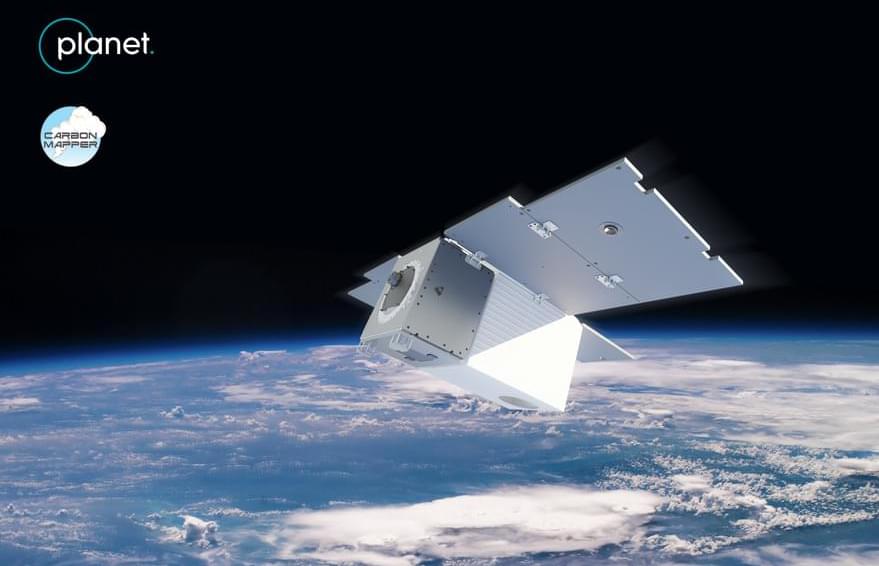Tesla will not launch a refreshed Model Y this year, chief executive Elon Musk said in a post on social media X on Saturday.
Researchers at Columbia University College of Dental Medicine have developed an exosome-based platform, “safeEXO-Cas,” that significantly enhances the delivery of CRISPR/Cas9 genome editing components to specific cells and tissues.
The agency will spend 100 trillion won ($72 billion USD) in build-up to planned 2045 Mars landing.
New details on how certain gluten-derived molecules trigger leaky gut syndrome in affected individuals. Celiac disease is a chronic autoimmune condition that occurs in around one per cent of the world’s population. It is triggered by the consumption of gluten proteins from wheat, barley, rye and some oats. A gluten-free diet protects celiac patients from severe intestinal damage. Together with colleagues, chemist Dr Veronica Dodero from Bielefeld University was able to determine new details on how certain gluten-derived molecules trigger leaky gut syndrome in celiac disease.
Research groups from the University of Tsukuba and the University of Rennes have discovered a novel phenomenon in which a nested structure of carbon nanotubes enveloped in boron nitride nanotubes facilitates a unique electron escape route when exposed to light. This finding introduces promising avenues for various applications, including the creation of high-speed optical devices, rapid control of electrons and other particles and efficient heat dissipation from devices.
Join us on Patreon! https://www.patreon.com/MichaelLustgartenPhDDiscount Links: Epigenetic Testing: https://trudiagnostic.com/?irclickid=U-s3Ii2r7xyIU-LSYLyQ…
Chen explained that the team is currently looking for other mechanisms that could also produce rogue planets. This includes the possibility that other stars could fly by planetary systems and cause a gravitational disturbance that leads to a planet being exiled. This could be a rather efficient way to produce rogue planets, whether from around a single star or from a binary system.
Chen is unlikely to give up his investigation into rogue planets. This means the Taiwanese astronomer’s efforts could help to bring these cosmic orphans unbound from their stars “in from the cold” — at least figuratively.
“I like planets! When I was 8 years old, I decided to become an astronomer and studied the nine planets in our solar system before Mike Brown changed that by reclassifying Pluto,” Chen joked. “However, nowadays, more than 10,000 exoplanets have been found, displaying unexpected characteristics for us to study. Rogue planets are not alone; we should not let them be orphans but consider them members of our planetary family.”
In the vast expanse of the cosmos, there is much more than meets the eye. For every kilogram of visible matter in the universe, from the computer on your desk to the distant stars and galaxies, there are 5 kilograms of invisible “dark matter” that permeate our surroundings.
This enigmatic dark matter evades direct observation yet exerts its invisible pull on the visible objects around us.
Fifty years ago, renowned physicist Stephen Hawking proposed a fascinating idea about the nature of dark matter. He suggested that it might consist of a population of black holes that formed in the early stages of the universe, mere moments after the Big Bang.
TAMPA, Fla. — Planet’s first hyperspectral satellite is ready for launch to help push the Earth observation operator to profitability by early next year.
Tanager-1 has arrived at California’s Vandenberg Space Force Base ahead of a SpaceX rideshare mission that could take off as soon as July, the operator said June 6 amid earnings results.
Will Marshall, Planet’s co-founder, CEO and chair, told investors the 30-meter resolution satellite will augment its optical constellation by collecting data in more than 400 spectral bands to capture phenomena invisible to the human eye.

